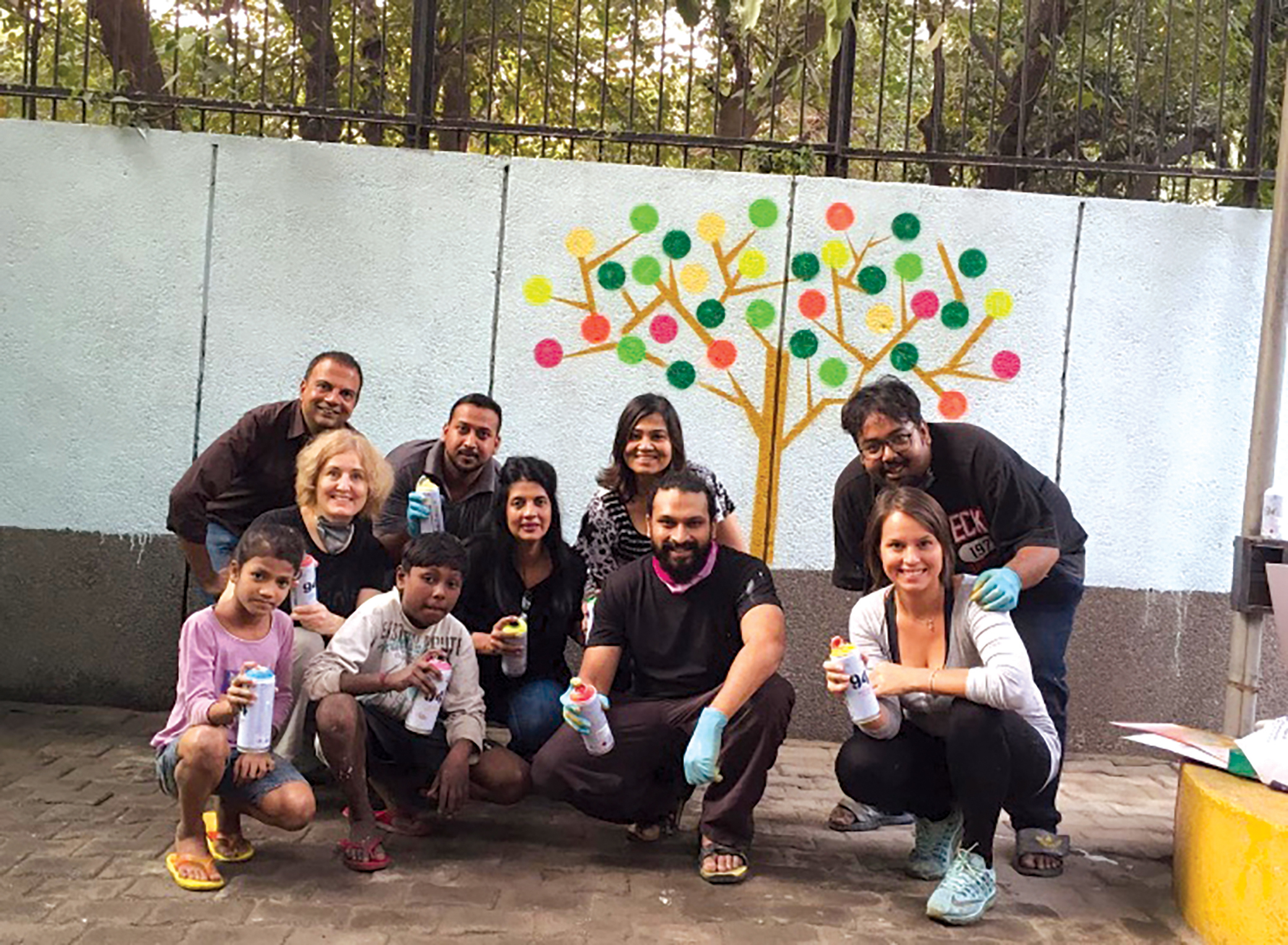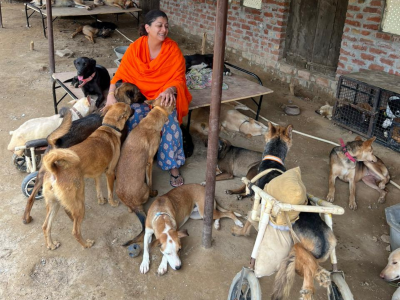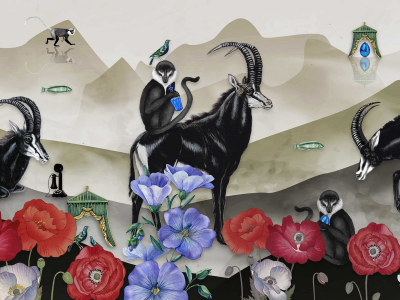When expats join hands to make life better for slum dwellers, orphans and elderly people in Delhi. It becomes a transformational experience for them
Tatsiana Chykhayeva, a native of Belarus who has made Delhi her home, has created a vibrant group of expats — some Indians are part of it as well —who take up specific projects and work with the neglected and the underprivileged. Married to an Indian, she helps her husband in his business but also wants to make a difference to society by her actions.
“Delhi fascinates me in multiple ways. I want to be part of the city life, not just confined to exalted or fancy expat groups,” she says. She wants to experience Delhi as it is and, in the process, work to make people’s lives better. To do something substantial beyond lame drawing room conversations.
The opportunities to help the less privileged abound in the sprawling city. There is much that can be done to help people in slum clusters, at old age homes or orphanages. And her group has been doing what it can over the last two years.
In July, some 15 affluent expats volunteered to paint the wall of a government school in Kalkaji. It took two days, and the result is a thing of beauty (see picture). It won’t make anybody’s life better but for sure will make them feel better about their life. The group also conducts workshops to teach hygienic habits, self-care, painting or other arty pursuits — also life skills, just about everything, “depending on their needs.”
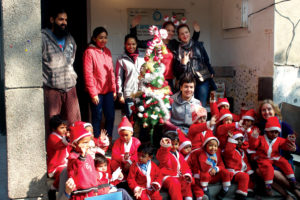
It was not easy. “It took me seven months to find an NGO that would allow us to meet people directly and not seek donations or money,” says Tatsiana. Like ‘Mann Ka Tilak’, an old age home located in Maidan Garhi in South Delhi, founded and run by Dr Geetanjali Chopra. The hard fact of life is that many of the elderly people are confronted in the twilight of their lives with neglect by their own progeny. The statistics are alarming: one of three elderly people are abused. “It’s something that happens on a daily basis, it’s something that you cannot turn your back on,” says Dr Chopra.
Time spent with elderly people is transformational for expats as well. Though language is an issue, they can communicate very well. Kindness, they say, is a universal language. And their experience with slum children is equally heart-warming.
“I was with these children, orphans. When you do something for people in need, selflessly— it feels good. It gives you a satisfaction that a job doesn’t offer,” Alina Fomina talks tentatively. A Moscowite who’s working in Delhi for the last two years, she says Delhi is a “everyday challenge” and offers “both good and bad” experiences. “In totality, I like being here,” she concludes.
This dynamic group of expats with no name is constantly changing. Even if the expats are travelling in India, and will stay in Delhi only for a few days, they are welcome to join and help in making life better for the needy. They can be connected via social networking sites or via word-of-mouth to work with a host of NGOs in various slums in Delhi. It all started with distribution of school uniforms in a slum two years ago. Flexibility in the way expats can contribute makes the whole idea a big success.
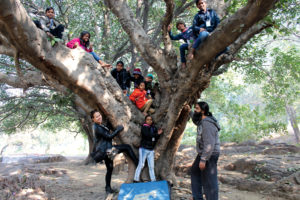
Expats too have a family and jobs to take care of. Time remains a constraint, “money also in some cases,” clarifies Tatsaina. There are many ways to contribute even if they aren’t physically present. They can send their household items, clothes and medicines to Tatsiana who makes sure it reaches the needy.
Tatsiana also organises social events for expats to help them integrate better with the Delhi life. In three years of stay in Delhi, “Whatever was shocking to me is no more shocking. I have started accepting a lot,” she sums up. She feels that the rickshaw-pullers in Delhi are an exploited lot, but she also takes care that her “niceness” is not exploited in turn. Living in Delhi is challenging and distressing as well, but charitable work performs an important function: it reveals to expats the unfiltered lives of people if they decide to venture out of their cocoons.
But then there are expats who have a need to assert that they don’t belong here, which gives them a sense of superiority. Like this young woman who keep asserting, “I’m British.” Perhaps, she will not understand, unlike expats like Alina and Tatsaina, that it’s not about “your things but other things.”
Thankfully, not many are like this British woman. “Lots of expats want to do lots of things, but they don’t know where to begin,” says Tatsiana. Her initiative opens up doors. The response has been great, it gets them going. It is worth mentioning here that most of the expats who actively participate are women and many of
these women are married to Indians.
And most of the Indians who tag along are men. “Some are genuinely concerned,” Tatsiana says, with a sparkle in her eyes. Pun intended!

